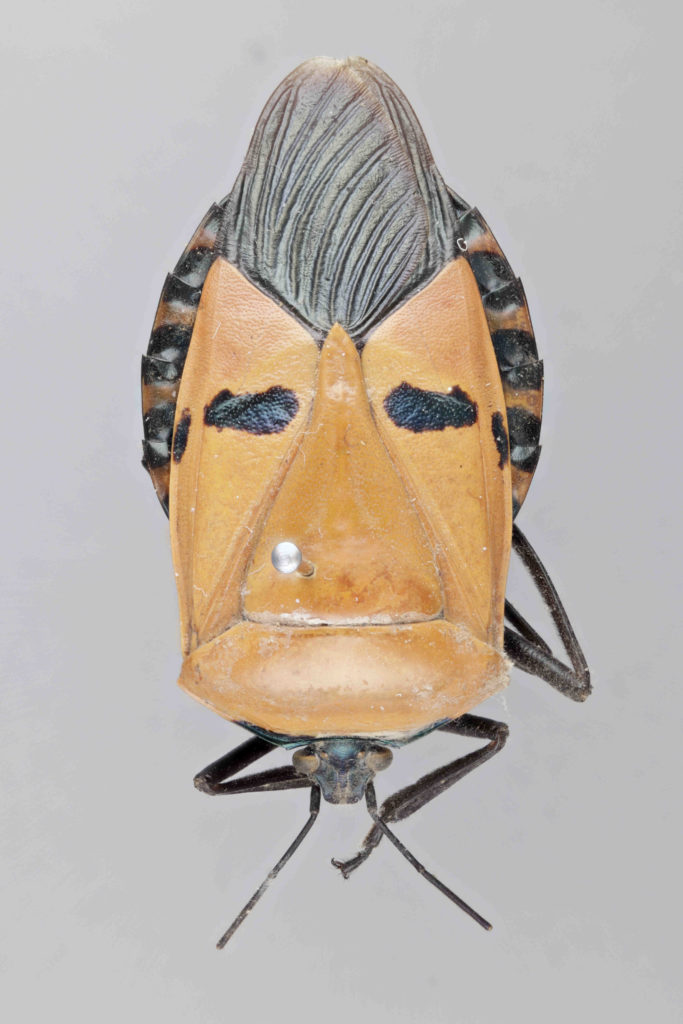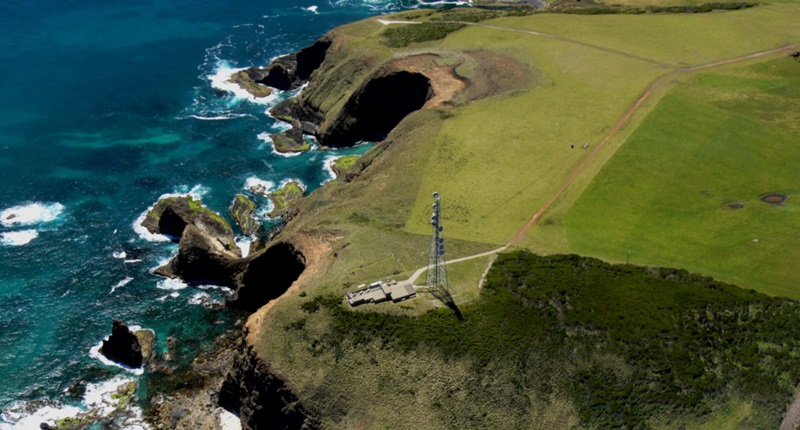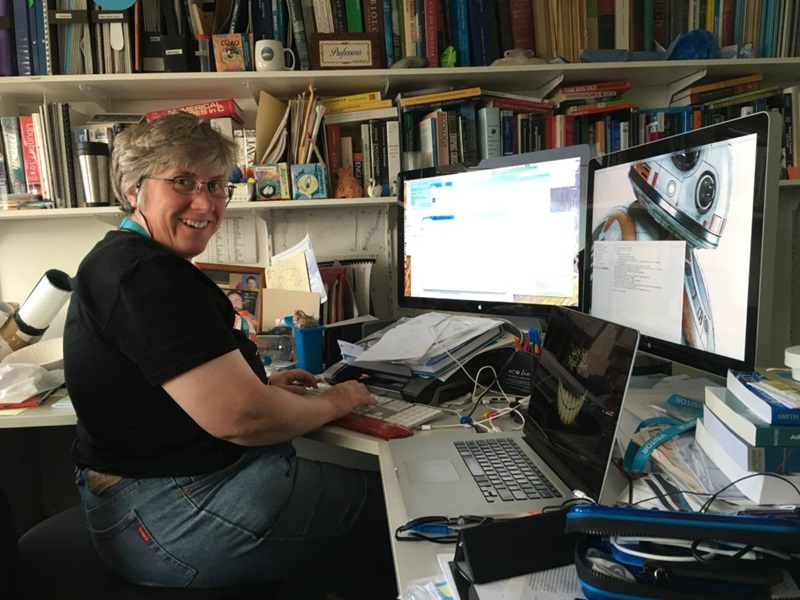
Ten things you need to know about bugs
Commonwealth Scientific and Industrial Research Organisation (CSIRO) Oceans and Atmosphere
Published: 3 June 2022
From ladybugs that aren’t true bugs to cicadas that sing, Hemiptera insects reveal surprising traits—piercing mouthparts, hemimetabolous growth, blood-sucking habits, and major biosecurity risks for Australia.

Before it was Cape Grim, it was known as Kennaook
Commonwealth Scientific and Industrial Research Organisation (CSIRO) Oceans and Atmosphere
Published: 27 May 2022
Kennaook/Cape Grim, rich in Aboriginal heritage, hosts one of the world’s key air pollution stations. For 50 years it has tracked rising CO₂ and other gases, providing vital global climate data from the planet’s cleanest air.

Making waves in marine ecosystem management
Commonwealth Scientific and Industrial Research Organisation (CSIRO) Oceans and Atmosphere
Published: 26 May 2022
Dr Beth Fulton pioneered the Atlantis model, integrating ecology, economics and society for ecosystem-based fisheries management. Her work guides global fisheries, climate adaptation, and the blue economy.

